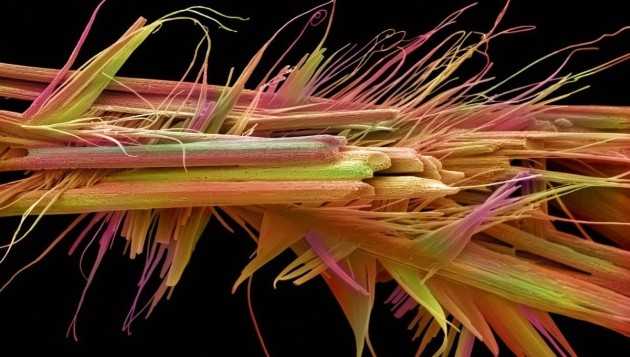BARCELLONA, Spain – Adding coffee to the diet of people with non-alcoholic fatty liver disease (NAFLD) could help reverse the condition, according to a new study conducted in mice presented at The International Liver Congress 2016 in Barcelona, Spain.
The study found that a daily dose of coffee (equivalent to six cups of espresso coffee for a 70kg person) improved several key markers of NAFLD in mice that were fed a high fat diet. These mice also gained less weight than others fed the same diet without the dose of caffeine.
The scientists also showed how coffee protects against NAFLD by raising levels of a protein called Zonulin (ZO)-1, which lessens the permeability of the gut.1 Experts believe that increased gut permeability contributes to liver injury and worsens NAFLD2.
People suffering from NAFLD can develop scaring of the liver, also known as fibrosis, which can progress to a potentially life-threatening condition known as cirrhosis.3
“Previous studies have confirmed how coffee can reverse the damage of NAFLD but this is the first to demonstrate that it can influence the permeability of the intestine,” said Vincenzo Lembo, at the University of Napoli, Italy and study author.
“The results also show that coffee can reverse NAFLD-related problems such as ballooning degeneration, a form of liver cell degeneration.”
Researchers analysed three different groups of mice over a 12 week period. Group one received a standard diet, group two had a high fat diet and group three was given a high fat diet plus a decaffeinated coffee solution.
Coffee supplementation to a high fat diet significantly reversed levels of cholesterol (p<0.001), alanine aminotransferase (an enzyme which levels increase in the blood when the liver is damaged) (p<0.05), amount of fat in the liver cells (steatosis) (p<0.001) and ballooning degeneration (p<0.05).
The combination of coffee and a high fat diet also reduced weight gain over time (p=0.028) in the mice. The study results suggest that coffee supplementation could cause variations in the intestinal tight junctions, which regulate the permeability of the intestine.4
“Italy is famous for its coffee and this Italian study has reinforced our knowledge on the link between it and non-alcoholic fatty liver disease,” said Professor Laurent Castera, EASL Secretary General.
“Although not suggesting that we should consume greater levels of coffee, the study offers insights that can help future research into and understanding of the therapeutic role coffee can play in combating NAFLD.”
About The International Liver Congress™
This annual congress is the biggest event in the EASL calendar, attracting scientific and medical experts from around the world to learn about the latest in liver research. Attending specialists present, share, debate and conclude on the latest science and research in hepatology, working to enhance the treatment and management of liver disease in clinical practice.
This year, the congress is expected to attract approximately 10,000 delegates from all corners of the globe. The International Liver Congress™ takes place from April 13 – 17, 2016, at the Fira Barcelona Gran Via, Barcelona, Spain.
About EASL
Since EASL’s foundation in 1966, this not-for-profit organisation has grown to over 4,000 members from all over the world, including many of the leading hepatologists in Europe and beyond.
EASL is the leading liver association in Europe, having evolved into a major European Association with international influence, with an impressive track record in promoting research in liver disease, supporting wider education and promoting changes in European liver policy.
References
1 National Institutes of Health. Zonulin, regulation of tight junctions, and autoimmune diseases. Available from: http://www.
2 Spengler and Loomba. The Gut Microbiota, Intestinal Permeability, Bacterial
Translocation, and Nonalcoholic Fatty Liver Disease:
What Comes First? American Gastroenterological Association. 2015; 1(2: 129-130).
3 British Liver Trust. Non-Alcohol Related Fatty Liver Disease. Available from: http://www.
4 Ulluwishewa et al. Regulation of Tight Junction Permeability by Intestinal Bacteria and Dietary Components. The Journal of Nutrition. 2011; (1415): 769-776.















